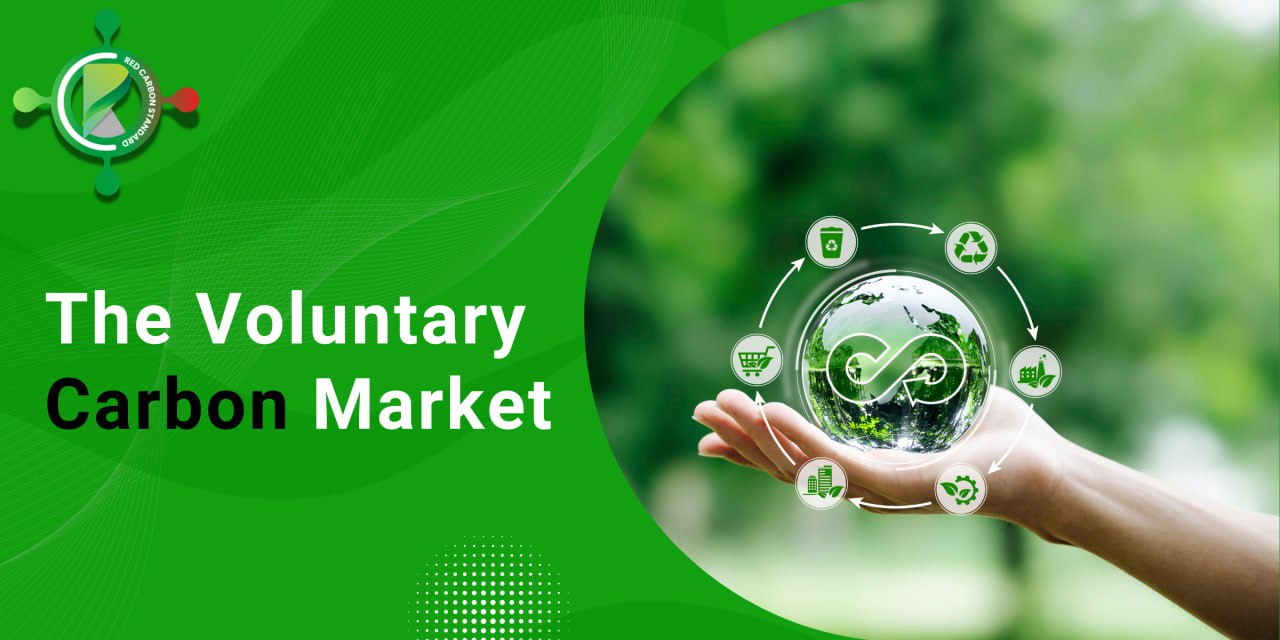“Those who contemplate the beauty of the Earth find reserves of strength that will endure as long as life lasts.” — Rachel Carson
Each day, we confront the consequences of climate change and the environmental damage we have incurred. To effect substantial change, it is imperative that we take global action while tailoring our efforts to local circumstances. This is the rationale behind the global collaboration in Paris, where nations united to formulate a comprehensive strategy for environmental restoration.
The Paris Agreement
In the battle against climate change, the Voluntary Carbon Market has emerged as a powerful ally, playing a pivotal role in the collective effort to achieve the goals set forth by the Paris Agreement. This groundbreaking international agreement, adopted in 2015, seeks to limit global warming to well below 2 degrees Celsius above pre-industrial levels.
The Paris Agreement serves as a unified call for nations to work together, transcending geopolitical boundaries, to safeguard our planet for future generations.
To reach this objective, carbon markets, especially the Voluntary Carbon Market, have gained prominence as effective tools for driving sustainable actions and reducing greenhouse gas emissions.
What is the Voluntary Carbon Market?
The Voluntary Carbon Market is a pivotal component of the broader environmental sustainability landscape. It offers individuals, companies, and organizations the opportunity to proactively reduce their carbon footprint and contribute to global efforts to combat climate change.
Participants in this market voluntarily purchase carbon credits generated by projects that reduce greenhouse gas emissions or projects that remove greenhouse gas emissions – nature-based solutions projects. These credits represent a tangible and measurable way for entities to take responsibility for their carbon emissions, offsetting them through investments in eco-friendly initiatives.
The Voluntary Carbon Market plays a crucial role in fostering environmental consciousness, allowing stakeholders to align their actions with their commitment to a greener, more sustainable world.
In other words, companies and individuals that buy carbon credits in the voluntary carbon market prove they walk the talk when it comes to supporting sustainable actions.
Contributing to sustainable projects
Carbon credits purchased in the Voluntary Carbon Market provide crucial funding for sustainable initiatives and projects that have a real and measurable impact on reducing and removing emissions from the atmosphere. This financial support bolsters the efforts of the Paris Treaty by directly contributing to the achievement of NDCs (Nationally Determined Contributions).
The Voluntary Carbon Market acts as a catalyst for innovation in emission reduction strategies. It supports a wide array of projects, reforestation, renewable energy, methane capture, sustainable agriculture, or other types of projects eligible with the methodologies and standards in this market. These projects provide a rich source of innovative solutions that can be scaled up to meet the ambitious climate targets set by the Paris Agreement.
The Voluntary Carbon Market, with its ability to mobilize both individuals and corporations in the fight against climate change, is a crucial partner to the Paris Treaty. Together, they form a dynamic duo in the quest to limit global warming and secure a sustainable future.
As we continue on this journey towards a low-carbon world, the Voluntary Carbon Market will play an increasingly vital role, offering practical ways for everyone to contribute to a more sustainable and climate-resilient planet. This partnership reaffirms the collective commitment to creating a world in which the promises of the Paris Treaty are not just aspirations but a reality we all share and uphold.
